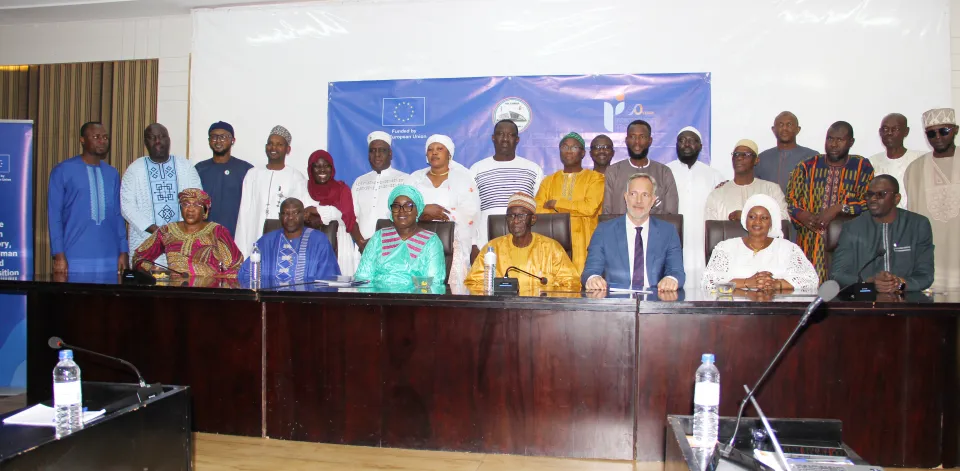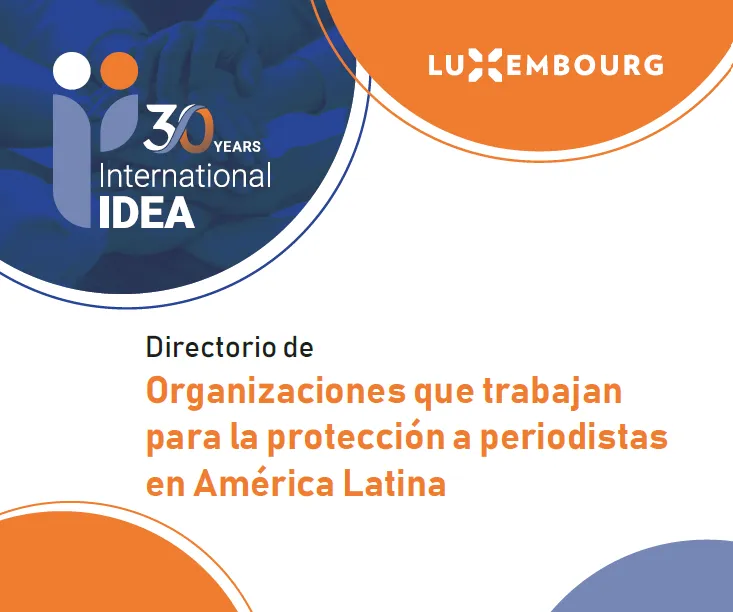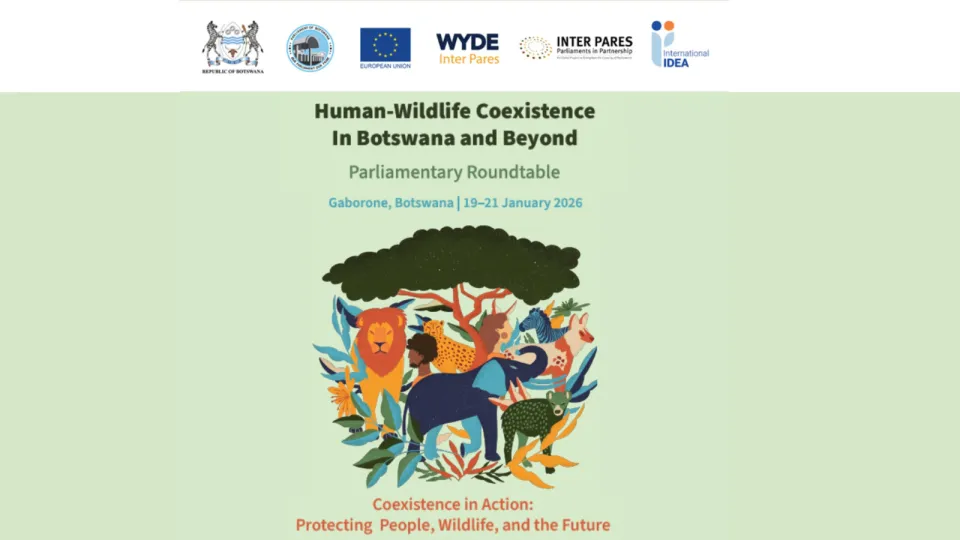People with Disabilities: Strategies for Inclusion in Myanmar's Federal Democratic Transition
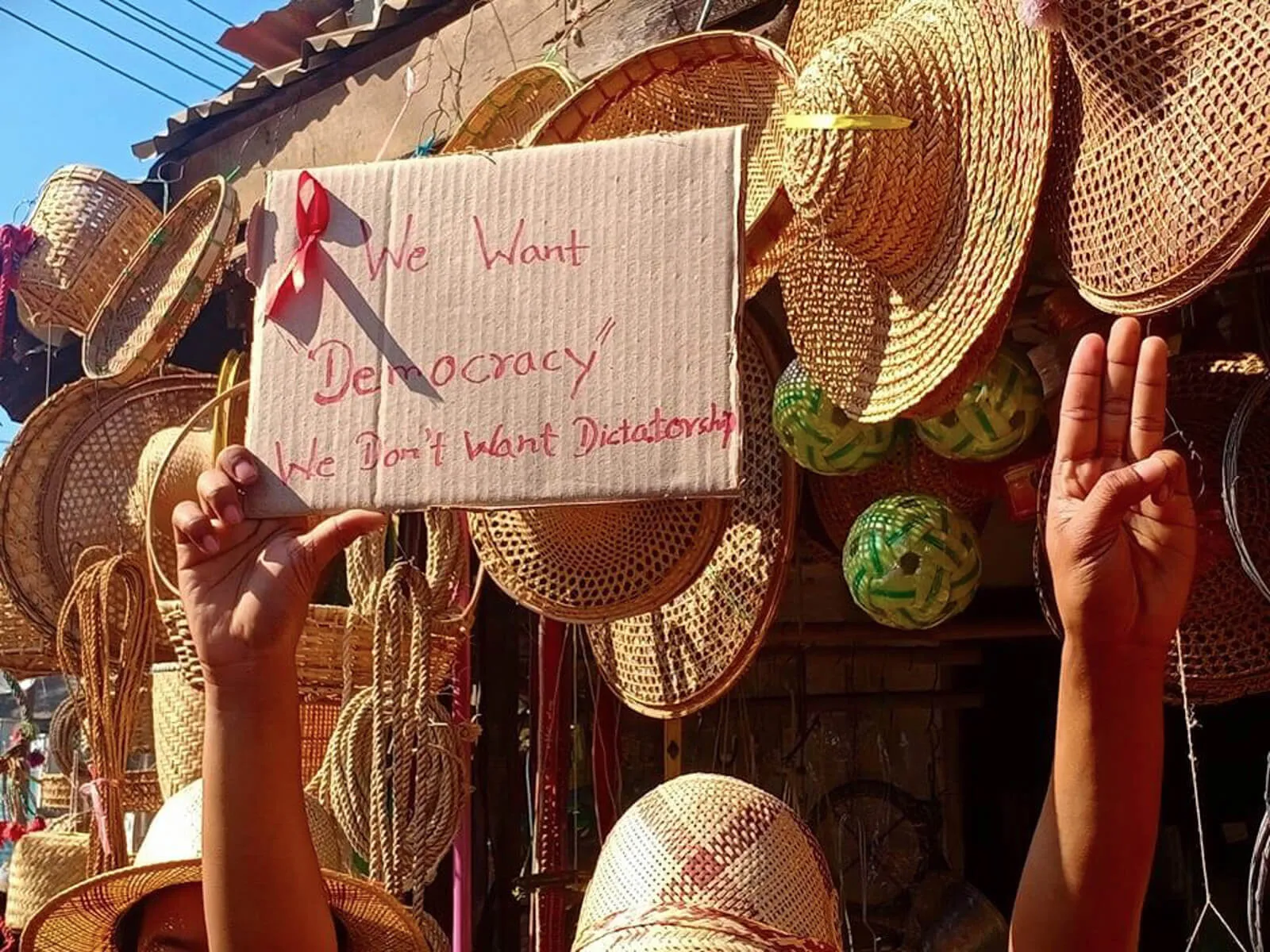
International IDEA’s policy paper, Inclusion for Persons with Disabilities in Federal Democratic Myanmar: Strategies for Constitutional and Democratic Reform highlights the importance of embedding disability rights into Myanmar’s legal and political frameworks during its federal transition. Before the 2021 coup, a 2019 survey found that more than 5 million people (12,8 % of the population) in Myanmar live with a disability. Since the 2020 COVID pandemic and the 2021 coup in Myanmar, the number of PWD has significantly increased, making the building of an inclusive democracy a moral imperative and a necessity for inclusive effective governance in a future democratic federal union.
Since the 2021 coup, PWD in Myanmar have faced numerous challenges in participating in political life, accessing services, and receiving civic education. Their freedom of movement is restricted, and they often experience isolation, violence, abuse, and precarious living conditions. A 2022 survey by International IDEA identified PWD as the most marginalized group in the population, with even less access to political voice and decision-making than ethnic or religious minorities.
There is also limited awareness among Myanmar’s public and within its democratic interim government institutions on how to address the situation of PWD. Accessible information, education and services that consider the specific needs of PWD are particularly lacking, such as sign language or captioning services for those with hearing impairments, and tailormade services such as voice recordings for those with visual and cognitive impairments.
While Myanmar ratified the UN Convention on the Rights of Persons with Disabilities (CRPD) in 2011, its domestic laws and institutions fall short of ensuring compliance. Disability rights remain underprioritized in national policy frameworks. In addition, deep-seated stigma against PWD contributes to their marginalization, limiting access to education, employment, and public services. The pre-coup political system offered minimal opportunities for people with disabilities to engage in decision-making processes or hold public office.
As Myanmar’s pro-democracy stakeholders work towards defining a future democratic federal union, ensuring consistency in disability rights at the union level and across diverse regions and states is a critical challenge. Mechanisms to increase the representation of PWD in Myanmar’s interim government structures, such as a Joint Coordination Committee for PWD composed of NUG and NUCC representatives during Myanmar’s interim period could be a positive step to enable their participation in the ongoing transition.
Strategies to promote disability inclusion in Myanmar’s federal democratic framework include enshrining disability rights in a future constitutional framework, including recognizing the equal rights of PWD, prohibiting discrimination, and guaranteeing their political and civil participation.
Future electoral reforms must ensure accessibility for PWD, including voting facilities, ballot designs, and voter education campaigns. Additionally, political parties should be encouraged to nominate candidates with disabilities.
Myanmar’s federal system needs to ensure that all states and regions align their policies with the principles of the CRPD. Local governments must be empowered to implement disability-inclusive programs, while federal oversight needs to ensure uniformity in upholding rights.
Governments, civil society, and international partners need to cooperate to combat stigma and raise awareness about disability inclusion. Training programs can empower persons with disabilities to participate actively in governance. Civil society working with PWD play a critical role in advocating for disability rights and shaping policies. Strengthening their capacity and integrating their voices into reform processes is essential.
In addition, accessibility is a foundational element of disability inclusion. Recognizing that traditional policy documents can be complex and inaccessible, International IDEA has developed an Easy-to-Read version of its recommendations and other resources focused on local democracy.
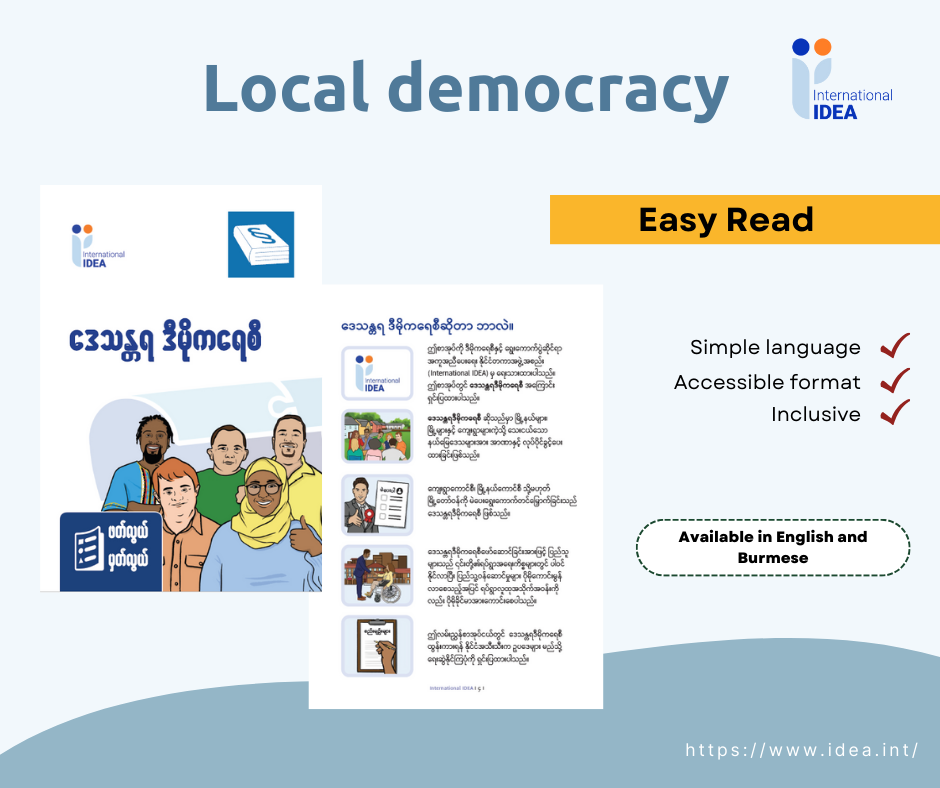
Inclusion is the cornerstone of democracy. As Myanmar navigates the post-coup transition, embracing disability rights as a fundamental part of its democratic framework will enhance social cohesion, justice, and equality. On this International Day for People with Disabilities, the international community must increase its commitment and efforts to support Myanmar’s PWD.
Read this article in Myanmar language.
